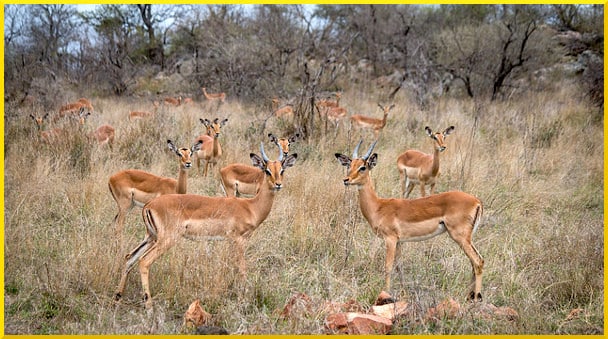
There is good evidence that stress erodes our natural ability to make healthful food choices. Pat Bailey’s fully-informed description of a study that determined this (using the Iowa Gambling Test) is very interesting. Cortisol is called the “stress hormone,” and when studies of stress, weight gain and eating habits are performed, it shows up frequently in people’s lab results.
Research nutritionist and adjunct professor Kevin Laugero told the reporter that “weight management is more than an energy-in, energy-out formula.” He said:
For many, being aware of their emotions and controlling their response to stressful situations may significantly improve decisions about what and how much to eat… Knowledge of dietary guidelines is important, but we also have to help people, from a very early age, find ways to manage stress and develop their capacity to choose long-term gain over short-term reward.
An essay from the Animal Ethics website talks of predator-avoidance decision-making, saying that a prey animal is forced to balance two imperatives and “decide either to decrease foraging or to risk exposure to predators.” Here’s the excerpt:
Both alternatives have high costs and involve high levels of stress, but often animals decrease the likelihood of being caught by choosing to eat less. They tend to hide in places where food is scarce but the presence of predators is less likely. In those conditions, additional stress responses are likely to be triggered by starvation and dehydration.
Animals in the wild experience various kinds of stress, but their responses don’t appear to include overeating. Throughout history, while their friends ran away, individuals who tended toward chubbiness were caught and devoured, and did not live to pass on their comfort-eating genes.
Apparently, stress eating is not found in animals in the wild, or even, up until recently, in domesticated animals. But a pet with impaired psychological well-being will definitely chow down and plump up.
Researchers who reviewed existing research about pet obesity suggest that it has more causes than previously suspected. It’s not just that pet owners overfeed, or offer all the wrong kinds of food, or skip the exercise routine. According to a paper published in the Journal of Veterinary Behavior, some pets use food as a coping mechanism to deal with emotional distress.
Boredom, anxiety and depression can cause a disinhibition response, where they just don’t care. They don’t have a lot of choice, they’re not ordering out for gourmet ice cream, but when upset they will pig out on their normal food.
In both people and pets, the natural responses of the animal kingdom under threat — flee, fight, or freeze — have expanded to include an alternative: feed. Nature intends food to be used as fuel and to build bone and muscle tissue. Using it to moderate an emotional condition is literally perverse.
Your responses and feedback are welcome!
Source: “Scientists explore stress, weight loss and our brain,” UCDavis.edu, 06/27/13
Source: “Psychological stress in wild animals,” Animal-Ethics.org, undated
Source: “Study Suggests Your Fat Pet Is Stress-Eating Because of Your Bullshit,” Jezebel.com, 09/22/13
Photo credit: Ryan Kilpatrick on Visualhunt/CC BY-ND

 FAQs and Media Requests:
FAQs and Media Requests: 











